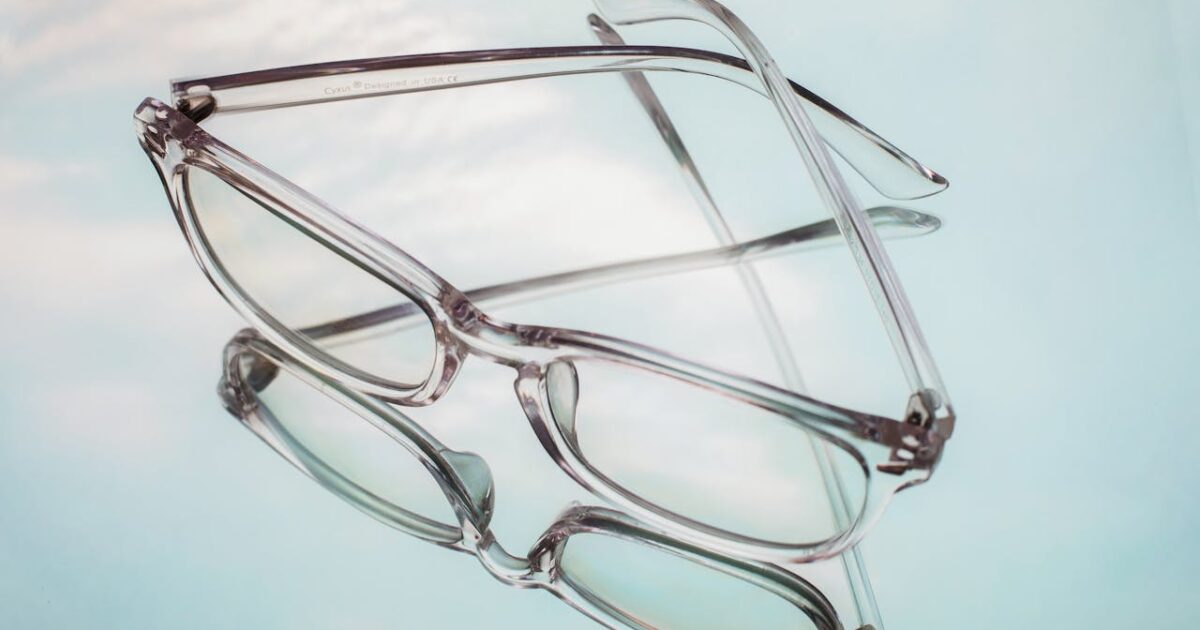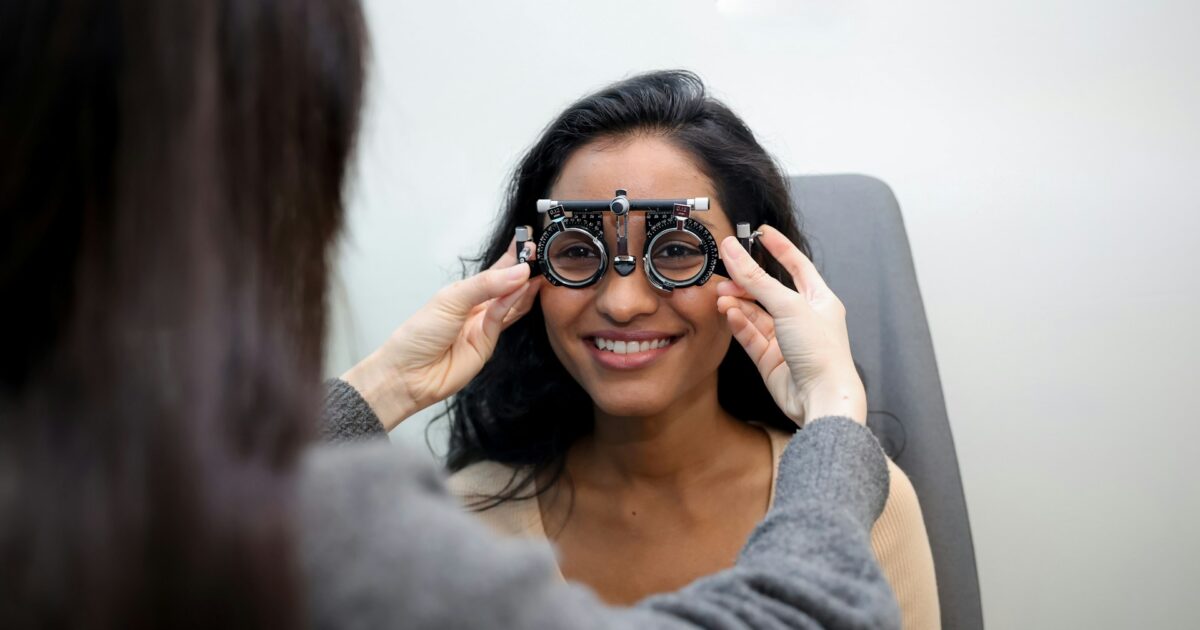7 myopia myths, debunked by a Singapore optometrist
Article by Chew’s Optics Specialist. 30 November 2024

Growing up, you probably believed that reading in dim light could lead to vision loss, or that wearing glasses could cure myopia. These are just some of the myths that continue to cloud our understanding of myopia – a common vision condition that is expected to affect about 80% of the Singapore population by 2030, according to SingHealth.
In Singapore, misinformation can spread rapidly. A survey by the Nanyang Technological University’s (NTU) Centre for Information Integrity and the Internet revealed that about 7 in 10 Singaporeans have unknowingly shared fake news. A separate survey by the Singapore National Eye Centre also highlighted significant gaps in the public’s knowledge and practices around eye health.
This leaves room for the widespread dissemination of false information about eye conditions like myopia – which, if left unaddressed, could result in choices that negatively impact long-term eye health. To help combat this, we’re debunking the most persistent myths about myopia and providing you with the essential facts you need to protect your vision.
7 myopia myths you probably thought were true
Myth 1: Myopia can be cured
This may be a hard truth for some to accept, but myopia cannot be cured or reversed. Once you have it, it remains with you for life. While most people know that myopia causes distant objects to appear blurry while nearby objects appear clear, not many realise that this actually happens because the eyeballs have grown to become abnormally elongated. Since myopia is fundamentally a condition that alters the shape of your eyeball, that’s why it cannot be cured.
Myth 2: To slow down the progression of myopia, it’s better to avoid wearing glasses and contact lenses
Influenced by the belief that natural remedies are superior to modern medical devices, some people mistakenly think that spectacles and contact lenses are not effective in treating myopia and that it’s best to avoid them. This is a serious misconception. In reality, not wearing corrective lenses can strain the eyes, making it harder to focus and potentially worsening your eye condition.
Myth 3: Myopia can be treated by wearing regular glasses or contact lenses
Although wearing glasses is essential for managing myopia, it’s important to remember that not all lenses are created equal. You can’t simply wear regular glasses, which only help you see clearly, to slow myopia progression. You need myopia-control glasses (or soft contact lenses for myopia control) that are designed with specialized lenses that alter how light is refracted in the eye. This helps to slow the elongation of the eyeball and thus slow the progression of myopia.
Myth 4: Myopia can be treated by taking vitamins
Vitamin A is well-known for its eye health benefits, particularly in preventing childhood blindness and keeping the surface of your eye (also known as the cornea) healthy. However, this doesn’t mean it can be used to treat myopia. In fact, there is no evidence to suggest that any vitamin can slow the progression of myopia.

Myth 5: Myopia only affects kids – it doesn’t affect adults
The myth that myopia only affects kids likely stems from the fact that most people develop myopia in their childhood. It’s common knowledge that the development of myopia often speeds up between the age 5 and 15, before stabilising in the early 20s. However, adults can develop myopia too. It’s not entirely clear why this happens, but there’s some evidence suggesting that excessive screen time and overuse of digital devices may be linked to the development of myopia in adults.
Myth 6: At least myopia doesn’t lead to blindness
For someone with myopia, it may be comforting to think, “At least it only causes blurry vision for distant objects and doesn’t lead to something more serious like blindness.” Unfortunately, if left untreated, myopia can progress to high myopia, which increases the risk of developing serious eye conditions such as cataracts, glaucoma, and retinal detachment. And these are all conditions that can cause severe vision loss and even blindness.
Myth 7: It’s impossible to slow down the progression of myopia.
The good news is that myopia can be managed or slowed with the right interventions, such as myopia control lenses. These lenses are specially designed to help prevent your myopia from worsening. At Chew’s Optics, we offer a variety of myopia control solutions, including myopia control spectacle lenses like Hoya MiYOSMART and EssilorLuxottica Stellest. We also carry myopia control contact lenses such as ACUVUE Abiliti and CooperVision MiSight, which is a child-friendly daily disposable option.
Visit an optometrist at Chew’s Optics for expert myopia care
If it’s been a while since you last visited an optometrist, now’s the time to stop by Chew’s Optics. Our certified optometrists can assess your eyes for myopia, recommend effective myopia control options, and evaluate your overall eye health with a comprehensive eye exam.
Visit us now at 144 Teck Whye Lane, #01-211, Singapore. We are open every day except Mondays and Fridays. Got questions? Drop us a line on WhatsApp at +65 8314 7093.
